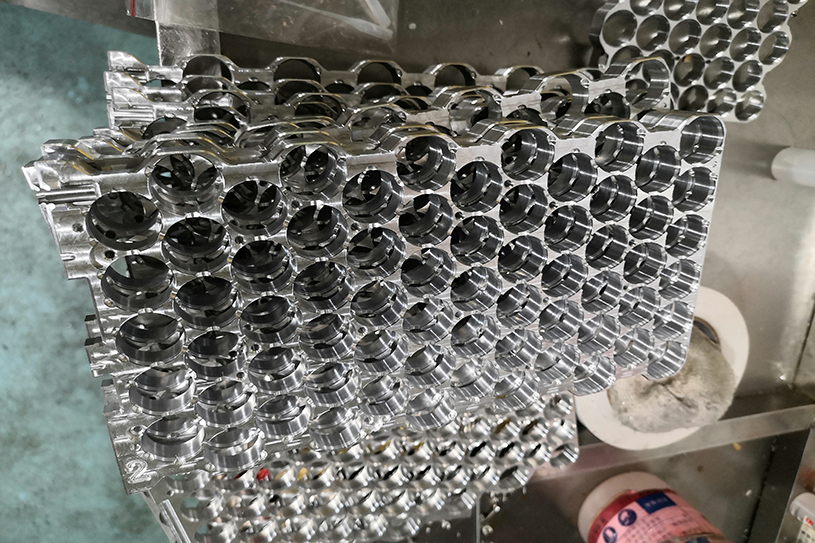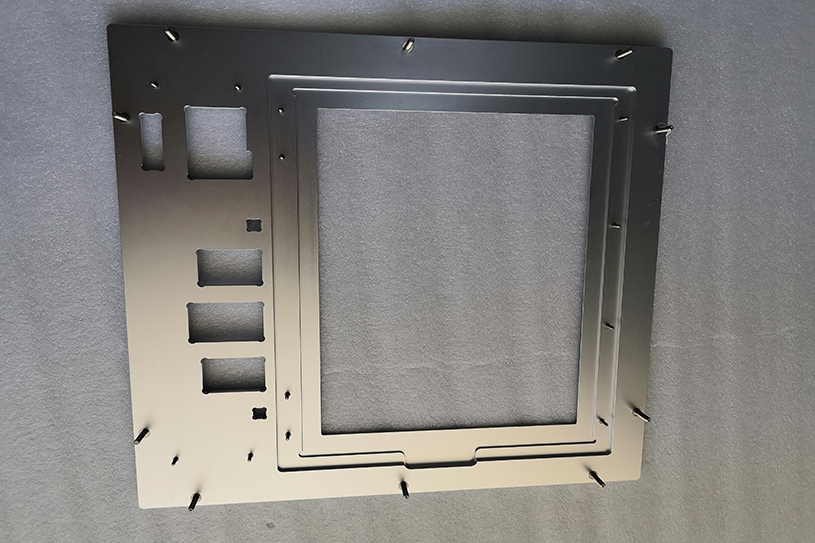The Internet of Things (IoT) has transformed the way we interact with devices and data. With a growing number of IoT devices in various industries, custom aluminum box fabrication plays a crucial role in ensuring the connectivity and functionality of these devices. In this article, we will explore the important considerations when it comes to fabricating aluminum enclosures for IoT devices, with a focus on connectivity.
IoT devices rely on wireless communication, and the placement of antennas is critical. Custom aluminum enclosures should be designed with antenna placement in mind, ensuring that signals are not obstructed. This involves careful consideration of enclosure shape, material thickness, and the use of non-metallic areas to allow for optimal wireless connectivity.
IoT devices often require multiple cables for power, data, and other connections. Effective cable management and entry points are essential in custom aluminum box fabrication. Enclosures should include cable glands, conduits, or other fittings to maintain the integrity of cables while providing protection against environmental factors.
The choice of aluminum alloy and its thickness can impact signal transparency. Thinner aluminum or specific alloys can be chosen to allow signals to pass through the enclosure. This is particularly important when IoT devices rely on RFID, NFC, or other wireless communication methods that require signal permeability.

IoT devices can be deployed in a wide range of environments, from indoor offices to harsh outdoor conditions. Custom aluminum enclosures must be designed to protect IoT devices from moisture, dust, extreme temperatures, and other environmental factors that could affect connectivity. Environmental sealing and gasket choices are crucial for these considerations.
As IoT technology evolves, devices often require updates and modifications. Custom aluminum box fabrication should allow for modularity, making it easier to upgrade or replace components within the enclosure. This flexibility ensures that IoT devices can adapt to changing connectivity standards and technological advancements.
In conclusion, custom aluminum box fabrication is a vital aspect of IoT device development. Connectivity considerations, including antenna placement, cable management, material selection, environmental protection, and modularity, play a significant role in ensuring that IoT devices remain connected and operational in diverse settings. As the IoT ecosystem continues to expand, the importance of these considerations cannot be overstated.
